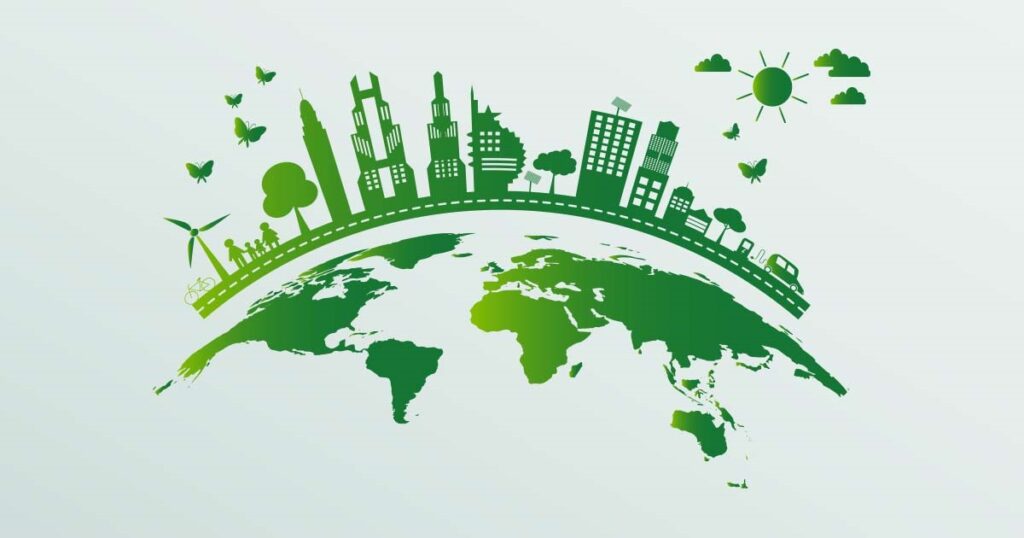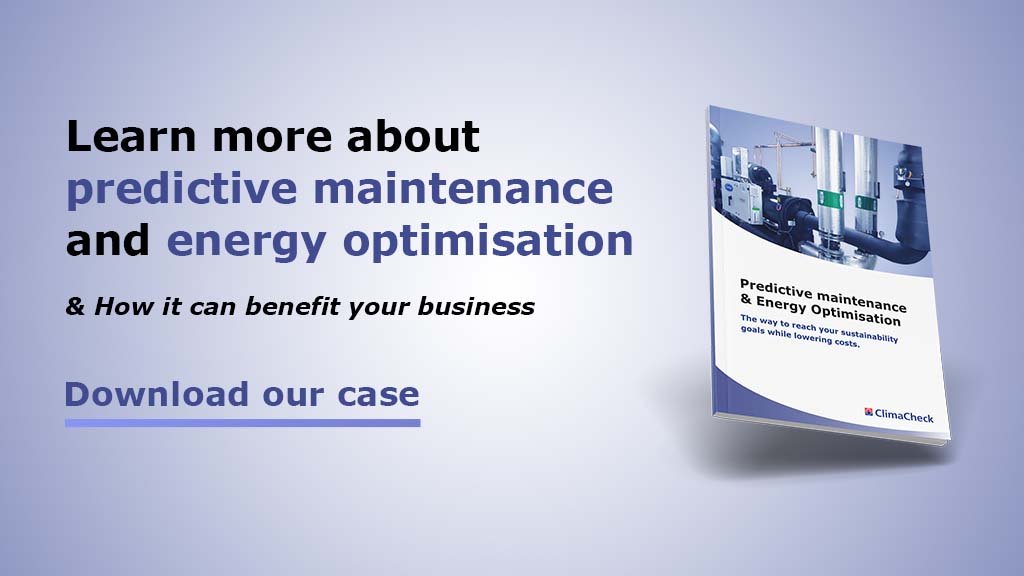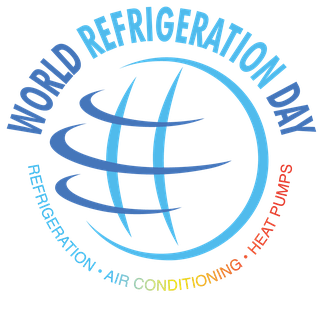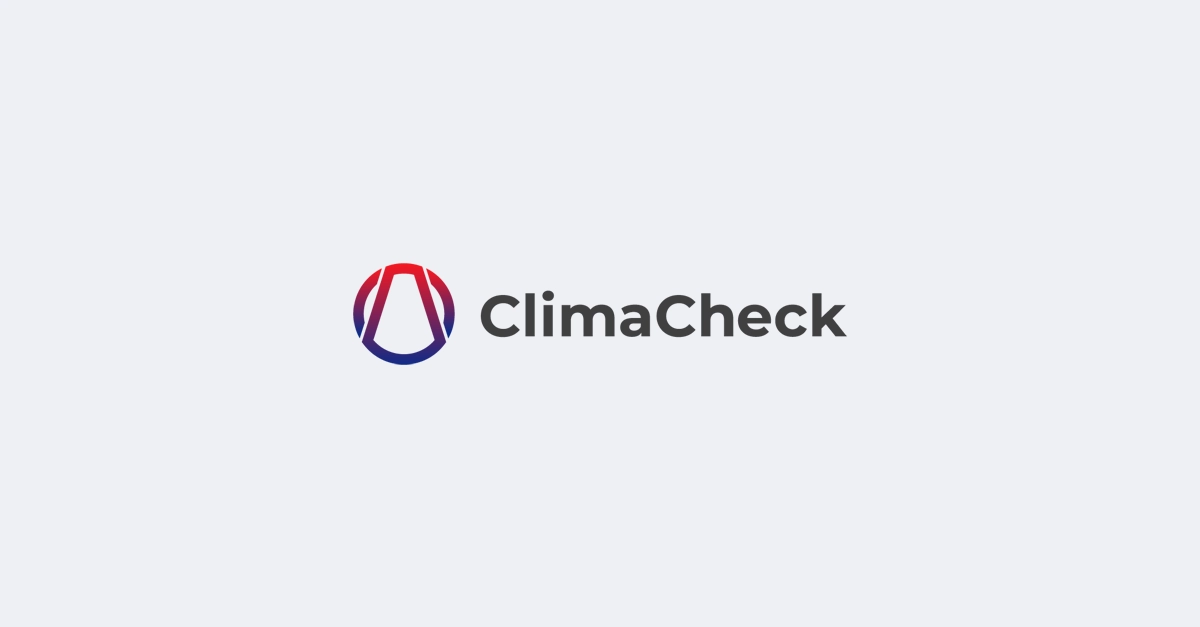Clean energy is not enough to reach sustainability goals

The IPCC report from the 9th of August 2021 concluded that human influence has led to higher temperatures of the atmosphere, ocean, and land. It is also clear that changes to the climate have occurred at an unprecedented scale in many regions across the globe. The report finds that these changes include a continued increase in greenhouse gas (GHG) concentrations, an increase in human-caused surface temperature of 0.8°C to 1.3°C, with the best estimate of 1.07°C, global glacial retreat, and warming of the global upper ocean.
Extreme weather with increased heat waves, heavy precipitation, droughts, flooding and an increased amount of tropical cyclones is more common today. The human influence on this, is clearer since the IPCC’s Fifth Assessment Report.
New regulations and goals based on this, will affect many organisations which need to act faster, to minimise the their environmental impact. And it is clear that clean energy is not enough, more actions are required.
New ways to accelerate the savings in the real estate industry.
Some of the “low-hanging” fruits with a big economical benefit as well as a potential to decreasing greenhouse gas (GHG) emissions, are still untapped.
Accounting for one of the highest carbon footprints, the real estate industry contributes to 39% of the global annual greenhouse gas (GHG) emissions and consumes around 30% of the world’s energy.
The real estate industry needs to move on from its ‘bad guy’ image and push to reinvent itself as one at the forefront of sustainability and championing the environment. This is, admittedly, not an easy task! Many different areas need to be considered to be sustainable and minimise the environmental impact.
Many real estate owners are moving over to use more green electricity. This is good, but it does not necessary address the root cause of the problem related to high energy consumption. Only clean energy is not enough, the amount of energy consumed needs to decrease.
Increase the focus on energy efficiency
There are many ways that can be consider to lower your energy consumption:
- Choosing eco-friendly energy supplies and HVACR systems with the highest possible efficiency to minimise energy consumption
- Change lights to led lights
- Light detectors that turn on light automatically
- Sensor controlled water hosts
- Adjust ventilation flow and temperature based on the number of people in the building
- Ensure that installed equipment operate as efficiently as possible over time.
Multiple of these actions will be needed to save energy, it isn’t an option to pick one and then “relax”. However, this highlights multiple challenges, what is the best solution? What did it actually result in? I did this, do i need to do more? How did it actually impact on the environment? as well as what is actually efficient to do and when?
Predictive maintenance a global game-changer!
By implementing predictive maintenance on HVACR systems, which consumes between 30-60% of a buildings electricity. It is possible to drive an improved strategy to reach new tougher sustainability goals. Predictive maintenance is a new way of working with maintenance, it is based the condition of the system. Which is possible to get with ClimaCheck’s analysis of data data that delivers actionable insights. It will significantly lower your energy costs and deliver important benefits for any organisation with HVACR systems e.g:
- Grocery stores, food supply chains, and fast food chains
- Hospitals and the pharmaceutical industry
- Municipalities & Local government
- Commercial real estate owners
If you accept that clean energy is not enough to be sustainable. We have put together this document ”Predictive maintenance and energy optimisation” that you can download, which includes a summary of benefits from predictive maintenance. As well as it gives you an introduction to predictive maintenance, and how this new strategy can lower energy consumption by 10 – 30% in HVACR-systems.

More news

World Refrigeration Day 2025 – Technology, Climate Action and an Industry Progressing into the Future.
June 26th marks World Refrigeration Day, a day to recognise the technology that enables life as we know it.

Office Hours During Midsummer Celebrations and the Summer
We wish you a joyful Midsummer celebration filled with happiness

New Employee, the ClimaCheck network is growing!
Say hello to Julian Schoch our new COO! Speaking German, English and Swedish, he’ll be a familiar face (and voice) to many of you in our daily communication.
